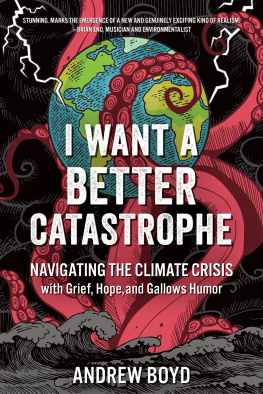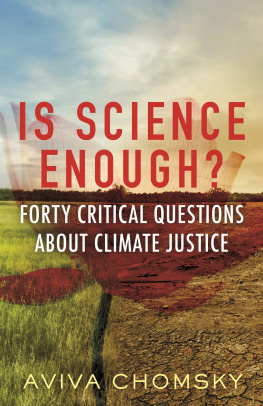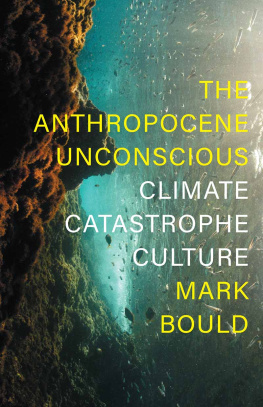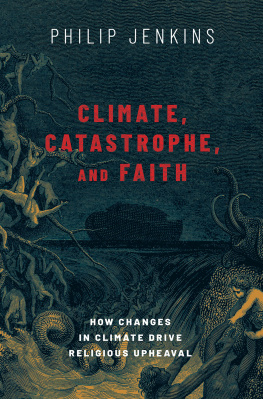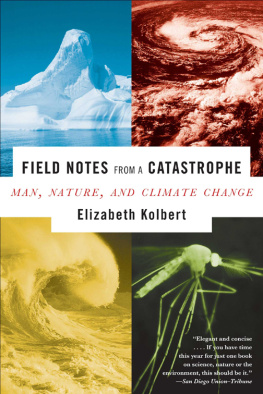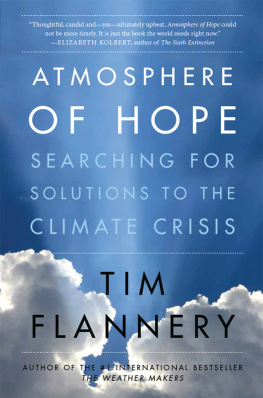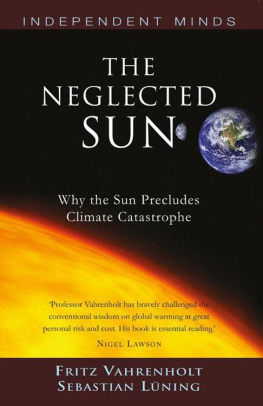Institute for Anarchist Studies. - Imperiled life: revolution against climate catastrophe
Here you can read online Institute for Anarchist Studies. - Imperiled life: revolution against climate catastrophe full text of the book (entire story) in english for free. Download pdf and epub, get meaning, cover and reviews about this ebook. City: Oakland;Calif;Washington;DC, year: 2012, publisher: AK Press, Institute for Anarchist Studies, genre: Politics. Description of the work, (preface) as well as reviews are available. Best literature library LitArk.com created for fans of good reading and offers a wide selection of genres:
Romance novel
Science fiction
Adventure
Detective
Science
History
Home and family
Prose
Art
Politics
Computer
Non-fiction
Religion
Business
Children
Humor
Choose a favorite category and find really read worthwhile books. Enjoy immersion in the world of imagination, feel the emotions of the characters or learn something new for yourself, make an fascinating discovery.

- Book:Imperiled life: revolution against climate catastrophe
- Author:
- Publisher:AK Press, Institute for Anarchist Studies
- Genre:
- Year:2012
- City:Oakland;Calif;Washington;DC
- Rating:4 / 5
- Favourites:Add to favourites
- Your mark:
- 80
- 1
- 2
- 3
- 4
- 5
Imperiled life: revolution against climate catastrophe: summary, description and annotation
We offer to read an annotation, description, summary or preface (depends on what the author of the book "Imperiled life: revolution against climate catastrophe" wrote himself). If you haven't found the necessary information about the book — write in the comments, we will try to find it.
A cogent and theoretical meditation on the looming climate catastrophe.
Imperiled life: revolution against climate catastrophe — read online for free the complete book (whole text) full work
Below is the text of the book, divided by pages. System saving the place of the last page read, allows you to conveniently read the book "Imperiled life: revolution against climate catastrophe" online for free, without having to search again every time where you left off. Put a bookmark, and you can go to the page where you finished reading at any time.
Font size:
Interval:
Bookmark:
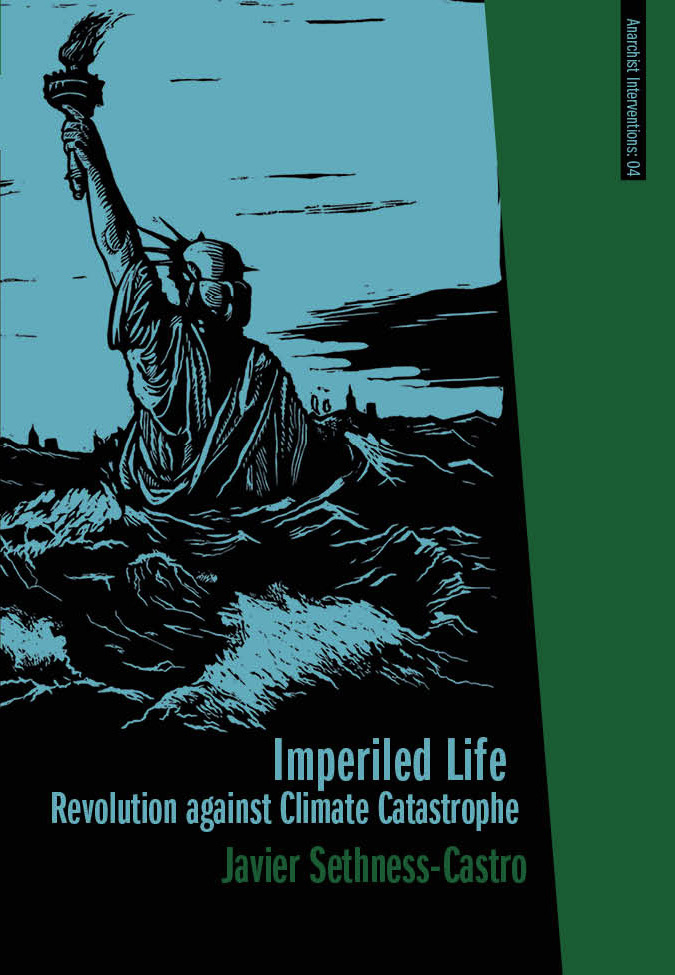
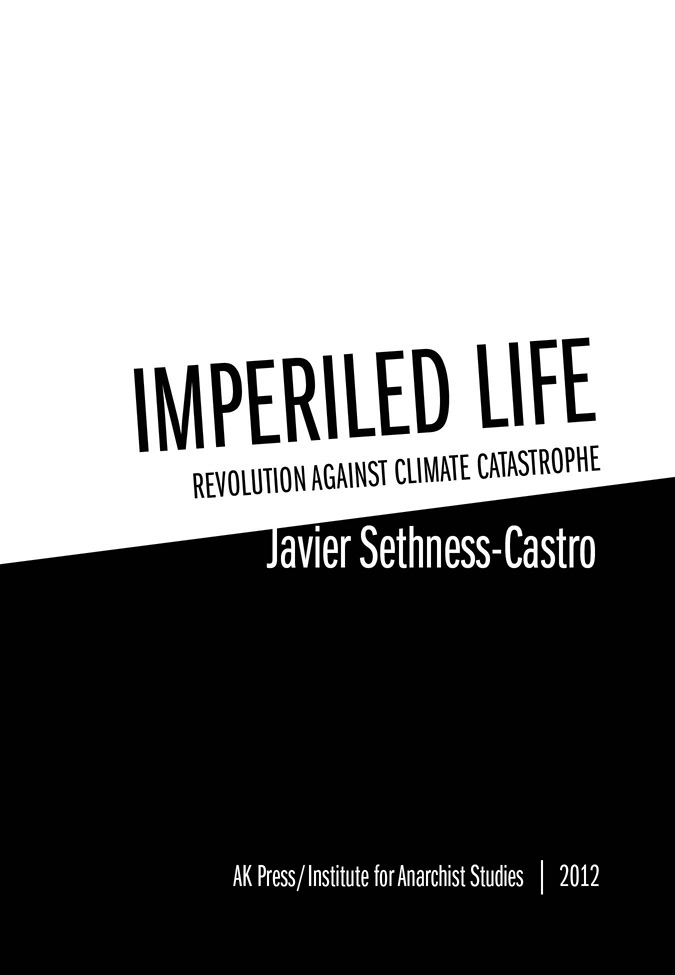
Contents
Foreword by Paul Messersmith-Glavin 1
Acknowledgments 10
Prologue: Cancn and Catastrophe 13
1 The Death of Life? 33
2 Fragmentary Critique 57
3 On Hope and Reason Today 73
4 On Adornos New Categorical Imperative 111
5 For an Ecological Anarcho-Communism 137
Notes 179
Credits for Anarchist Interventions 217
Foreword
T he basic structure of capitalism is at the heart of the climate crisis. Carbon emissions, the primary source of our changing climate, are the by-product of industrial production. Capitalism is literally changing the weather. Often, industry is blamed for climate change. People frequently talk about burning oil and coal, or fault cars and factories, but this misses the underlying dynamic that ties all these things together: industry is an expression of a system. Ascending over the last four hundred years, capitalism continues to be the dominant organizing force in the world, shaping life as we know it. All attempts at slowingmuch less stoppingits growth have failed. The emission of climate-changing gases is intrinsic to the capitalist logic. Every day that this continues, the climate will continue to change. The year 2010 saw the highest emission of greenhouse gases in history.
Capitalism is based on a philosophy of grow or die and ruthless competition; companies need to continually expand and grow, or they will not survive. It is a system that seeks to maximize profit by exploiting labor as well as treating nature as both a resource and garbage dump. Despite all the warning signssuch as news of drought, heat waves, and new species being threatened by changing habitatand what scientists say, the system marches on, with absolutely no sign of letting up. That is because it cannot change its fundamental nature. It is a form of economic and social organization at odds with nature and human community that has come to shape nearly everything in life, such that we can hardly imagine the possibility of life outside capitalism. It promotes qualities like greed and selfishness, and creates us in its image. Capitalism is more than an economic system; it is a way of life. Maximizing profit at the expense of all else is its very metabolism. To stop catastrophic climate change, we must stop capitalism.
So what is capitalism? At its core, it is based on only paying a worker the worth of a portion of their work. The owner keeps the remaining worth, or value. This surplus value is one of the sources of profit. Thus capitalism is an organized system of theft, wherein those who actually do the work are not paid the full value of their effort. The owners keep as profit the difference between the value that is created by the worker and that which the worker is paid as a wage. Because it is a system designed by and for capitalists, workers are necessarily exploited and mistreated. It is this same focus on profit that sees nature as a place where materials are found and then converted into commodities, with an emphasis on doing this as cheaply as possible. The way in which materials are obtained from nature is guided not by any thought about the integrity of nature itself, or the delicate balance of natural processes. It is guided by making money, pure and simple. The same is true at the other end of the productive process, when toxic chemicals and by-products are dumped as cheaply as possible. Hence owners fight attempts to regulate their ability to pollute. Not polluting costs money. It costs money to buy filters and scrubbers to limit toxic emissions, or to research and develop alternative sources of energy, and all this cuts into profits. Generally the fines for polluting are so insignificant that owners calculate that it is more worthwhile to pollute and pay the fines rather than, for example, upgrading their machinery to satisfy clean air or water regulations. This is a system ruled by the bottom line.
To stop capitalism, we need a social and political movement. This past year, 2011, marked the emergence of just such a movement. The Arab Spring saw millions of people rise up in opposition to long-standing tyrannical regimes. Some of these governments fell. Millions of people occupied prominent squares and did not back down against the power of states. This inspired people in the United States to launch their own movementan occupation movement at Wall Street, the symbolic heart of global capitalism. Occupy Wall Street (OWS), which spread around the United States, Canada, and the world, is a populist movement that challenges the economic control of what they call the 1 percent. OWS champions the 99 percent, or those without great sources of wealth. This is significant because it points to the machinations of the 1 percent, or ruling class, and suggests the possibility of creating what Antonio Gramsci calls a counterhegemonic movement. For Gramsci, ruling-class ideas are the dominant ones. They are so widely propagated that they become common sense. An example is the belief that the sign of a healthy economy is vigorous growth. Or that to be a productive member of society, you have to have a job, which basically discounts stay-at-home parents, many artists, self-sufficient farmers, and others, while valuing only those who are enmeshed in the dominant economy. It is this common sense that serves the interests of the capitalist class. The OWS protests represent the development of an ideological alternative that puts the interests of everyday, working people ahead of those of the rulers. OWS has successfully changed the nature of discussion in the United States, forcing issues of economic equality and social justice onto the agenda. It signals a good beginning.
In addition to challenging ruling-class economic ideas, or those held by the 1 percent, OWS has put ideals of direct democracy, long championed by anarchists and other antiauthoritarians, into practice. The use of general assemblies as policymaking bodies and the reliance on modified forms of consensus decision making, however problematic consensus may be in certain situations, both have long histories within antiauthoritarian leftist movements. This new movement hopes to unite the majority against the minority currently running the show.
The historic development of capitalism is intertwined with colonialism, and later, neocolonialism. The economy, in its never-ending need to expand and accumulate, resolved early crises by going to the so-called third world to seek resources for production and sources of cheapor in the case of slavery, freelabor. By waging war and asserting its military dominance, Europe was able to control vast territory from which raw materials could be obtained. European colonialism, the North American slave trade, and later neocolonial domination such as the Algerian and Vietnam wars all represent the attempted dominance of what was once called the first world over the peoples of the so-called third world. This is a racist dynamic in which the largely white, European people of the North dominate and exploit the people of the South. And it is exactly these people, the poor of the Southern Hemisphere, who will suffer the most from the changing climate. They already are suffering, as attested to by the recent floods that devastated Pakistan and Thailand along with the droughts that ravaged Mexico and Africa.
It will take a sustained movement to fundamentally transform society and stop climate change. Such revolutionary change will require a democratically controlled economy that puts human needs and ecological integrity ahead of short-term profit. It will require instituting directly democratic ways of making political decisions, so that the people affected by the outcomes are the ones with the power to determine solutions.
Next pageFont size:
Interval:
Bookmark:
Similar books «Imperiled life: revolution against climate catastrophe»
Look at similar books to Imperiled life: revolution against climate catastrophe. We have selected literature similar in name and meaning in the hope of providing readers with more options to find new, interesting, not yet read works.
Discussion, reviews of the book Imperiled life: revolution against climate catastrophe and just readers' own opinions. Leave your comments, write what you think about the work, its meaning or the main characters. Specify what exactly you liked and what you didn't like, and why you think so.

